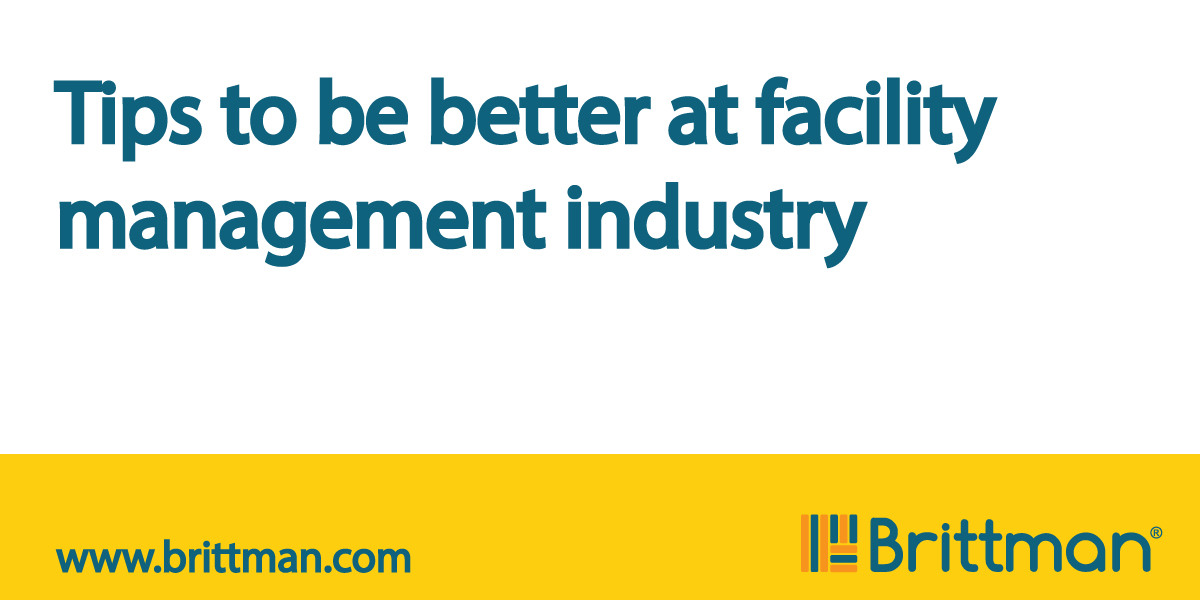1. Evolve from passive supplier to proactive strategic partner
Facility management companies must move beyond traditional asset deployment and extend their focus on how to use work space more efficiently to the benefit of all stakeholders.
This is a widening of the Facility Management role and requires a close collaboration with HR and IT teams to align but also to support the overall company strategy.
To accomplish that companies need to develop sets of more strategically relevant measure outcomes such as: ability and speed of knowledge creation; impact of office environment on employee productivity; customer satisfaction and ability to adapt to changes in the external environment.
2. Focus on value creation – not just cost savings
Historically, the facility management success rate has relied heavily on costs and how to get more for less through cost-cutting. Even though cost-cutting will continue to dominate the agenda, with main emphasis on lowering occupancy costs – being a strategic partner will also require finding new ways to create value for the work space inhabitants and other stakeholders.
3. Develop sustainable solutions
Given the fact that buildings account for almost 40% of global energy use, sustainability has become an important strategic topic in Corporate Real Estate and Facility Management in particular.
Today, the majority of facility managers are responsible for energy management, health and safety, waste management, recycling, water consumption and carbon footprint management. These responsibilities will expand even more in the years ahead of us.
4. Optimize the use of space
Space costs money. Knowing that we are moving towards a working environment consisting of virtual or mobile workers, investing time in developing new workplace designs that can suit these new ways of working while increasing space utilization rates can result in impressive cost savings.
Flexible workstations, distributed workplace strategy are just a few ways of maximizing the value of current properties. Reinvestment can with advantage be allocated to less space, but better space propositions.
Facility management companies keen on developing skills and expertise within workplace design in combination with technology utilisation will on that basis be well positioned to experience higher demands.
5. Leverage technology
Towards 2020, more facility managers will be keen to leverage more technology in their service offerings to stay competitive.
For many knowledge workers, today already, the idea of workplace naturally. This naturally falls within the domain of facility management and must be considered in the overall service offering.
Technology is and will be important for two reasons. Firstly, it impacts both how we perform our work and where we work. New different types of workplaces – such as assigned workplaces, shared workplaces, home offices, virtual workplaces and flexible offices – emerge.
Facility Management providers must understand and proactively respond to this.
Secondly, facility management professionals must use technology to make these workplaces/spaces efficient and effective by taking all available technologies and applying them to support the employees.
Many facility management technologies are available already, and they must be used and leveraged optimally.
The graphic below presents a list of current and emerging facility management technologies:
Technology will be an important component in the Facility Manager’s quest to become more efficient and effective moving forward. Nevertheless, it will be essential in responding to the market demands towards 2020.
6. Empower service deliveries with data
In their efforts to support the performance of the company’s employees, corporate Facility Managers and service providers, will find themselves with significantly more data on buildings and employees.
The future facility management value proposition will extend from just managing assets and buildings to managing spaces and ultimately support employees’ performance.
Facility Managers are in possession of data already (who is formally meeting with whom, internally and externally) but do not use this information proactively, nor sees information as a core product.
For the ones being in the forefront of competition, this will most likely change.
Working with and developing experience with data intelligence, Facility Managers will need to leverage data to understand the use of facilities, employee interaction, information exchange and cross-organisational user behaviour.
These insights will be important in understanding how to best support performance, attract talent and increase productivity.
7. Deliver personalised services
Many buildings are similar – as were the way we used our working facilities for a long time. This made it possible for facility managers to offer a fairly standardised service independent of the customer and their subsequent employees. This will no doubt evolve.
To stay competitive, Facility Management towards 2020 needs to be focused on creating personalised service deliveries that support the new ways of working, are more fit-for-purpose and unique from company to company.
The companies’ strategies, and consequently their workplace strategies, will differ from each other. This will make customers demand a service to their exact, specific needs.
The personalised service will go beyond managing assets and systems. Customers will require that the service provider understands their business and train the front-line service employees to deliver on this understanding.

